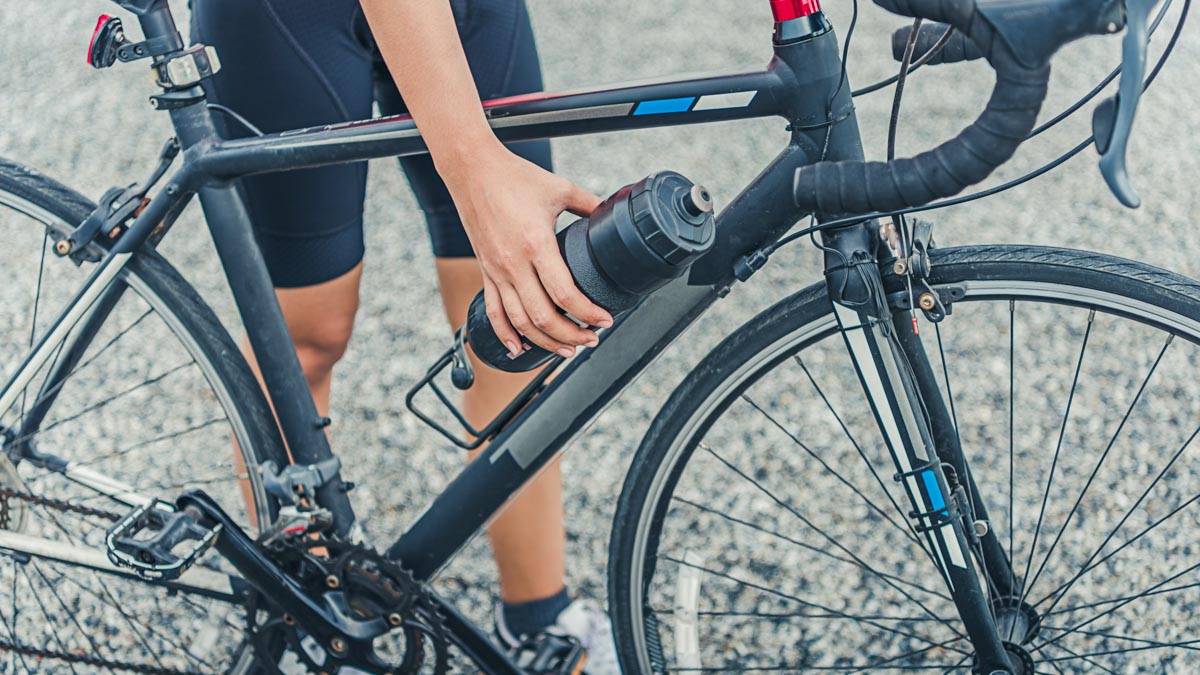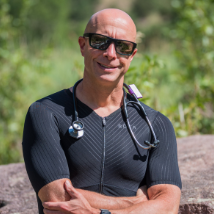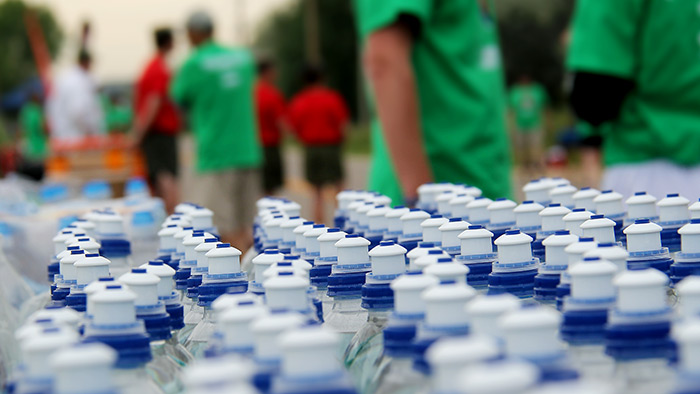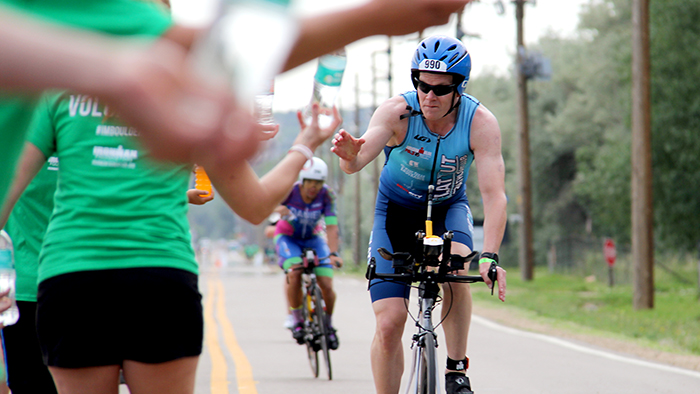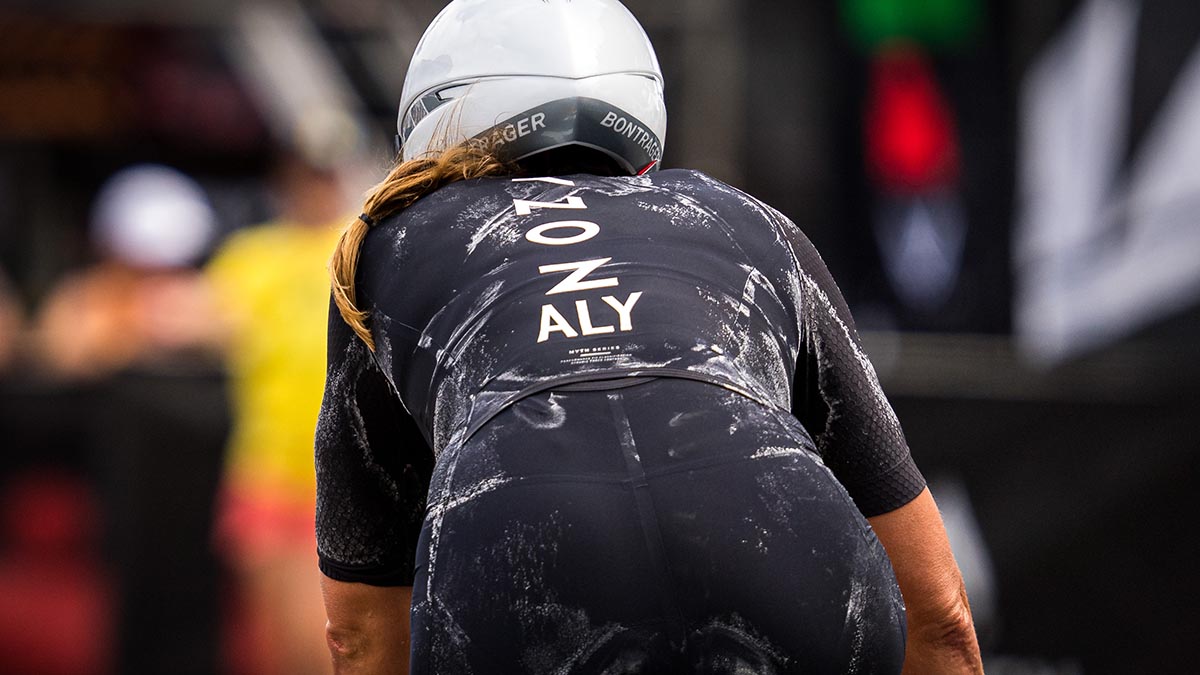Among triathletes, nutrition is often referred to as the fourth discipline in the sport. This is for good reason; as the length of a race increases the importance of adequately fueling becomes increasingly important to achieving good results.
While nutrition is often thought of as implying calories to fuel working muscles, the term should be taken to more broadly encompass electrolytes and hydration as well, because mistakes in any of these areas can be just as detrimental to a race plan as inadequately fueling.
During the summer, when athletes spend more time outdoors training in higher temperatures and humidity, the importance of hydration is especially acute. Dehydration, and to a lesser extent electrolyte depletion, can be very impactful on an athlete’s ability to perform and in the most severe cases may even be life-threatening. Knowing what to drink and how much of it is important then to make sure that you remain primed to perform and stay out of danger.
The most common question that I get about hydration is “How much do I need to drink?” and the truth is that there is no one answer. A specific, individual answer will depend on characteristics dependent on the local environment (temperature, humidity, wind) and the athlete (sweat rate, height, body weight).
For all athletes though, there are two aspects of hydration that are common to everyone: 1) the maximum amount of fluid that can be absorbed per hour 2) the factors that limit the maximum rate.
The maximum amount of fluid that can be absorbed per hour is the same for everyone with a normal digestive tract. This number is in a range of 500-750 ml/hour, though for some it may be as high as 1 liter. This is a fairly large amount of liquid, but for a race in a hot and humid environment may be exactly what is needed. Athletes need to be careful to avoid taking all of that fluid at once, or even in 2-3 larger volumes because this can lead to an uncomfortable sensation of stomach bloating and sloshing. The best way to take this amount of fluid is to do so continuously in small amounts.
Limits to the amount of fluid that can be absorbed from the gut can include:
Factors that decrease gastric emptying.
It is well known that exertion at high rates of capacity diverts blood flow from the digestive tract and decreases both emptying of the stomach as well as fluid absorption from the intestine. This can lead to bloating and nausea. It is important to keep efforts lower in warmer weather to ensure continued blood distribution to the gut and ongoing fluid absorption. Another factor that can delay gastric emptying is high sugar contents of fluids. Fluids with > 8% carbohydrate (80 mg/l) can remain in the stomach for a long time.
Factors that impair intestinal absorption.
The most important issues here are the presence of sugars and electrolytes, particularly salt, in fluids. The absence of these can impair fluid uptake. Similarly, too much sugar can actually draw liquids into the gut and worsen dehydration.
Most commercial sport drinks contain too much sugar and not enough salt to maximize hydration. More recently, drink formulations specific for endurance athletes have come to market that are more appropriately tailored to enhance hydration by keeping these solutes in better balance.
While electrolyte supplementation generally is not needed to ensure hydration, if an athlete is drinking only plain water, the use of electrolyte supplements can help in this regard.
When training or racing in hot and especially humid environments it is important to remember that plain water alone is insufficient and can actually result in significant alterations in blood chemistry. Instead, make sure to use balanced drinks that have some carbohydrate and some salt to ensure for better fluid uptake and no unexpected issues related to salt losses.
If you have a question about any of this please feel free to email me at tri_doc@icloud.com.
